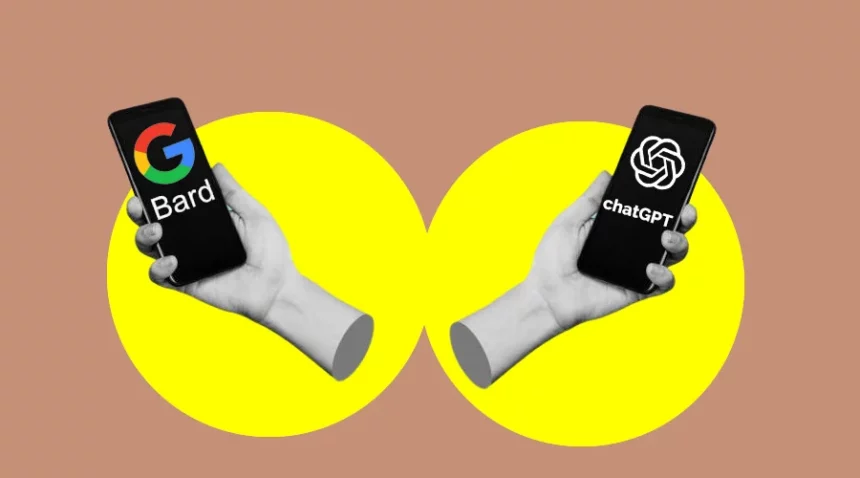Using human insights to improve its artificial intelligence is becoming increasingly prevalent in the tech industry, as seen in Google’s recent efforts to improve Bard’s performance. This approach leverages the expertise and knowledge of employees to refine AI software and produce more accurate and reliable results.
By involving people in the process, Google can correct the wrong answers provided by Bard and make the program better.
However, this approach also comes with challenges, as Google’s employees face pressure from the company’s recent announcement of massive downsizing. The increased workload could lead to burnout and lower productivity, ultimately affecting Bard’s performance. Therefore, Google must balance tapping into its workers’ human insights and avoiding overburdening them.
Nonetheless, this approach has proven to be effective in improving the performance of AI software. It is not just Google; other tech giants such as OpenAI and Microsoft are investing heavily in AI to compete with Google. Microsoft has launched its Bing search engine with artificial intelligence and its Edge browser.
In contrast, OpenAI has already made a name for itself by providing quick and easy answers to people’s questions.
As the competition in the AI sector continues to heat up, tech companies will increasingly rely on human insights to refine their AI software. It is a mutually beneficial approach where companies can improve their products’ performance while employees can use their expertise to contribute to a groundbreaking field.
In conclusion, the use of human insights to improve its artificial intelligence is an essential strategy for tech companies to stay ahead of the competition in the ever-evolving AI industry.









